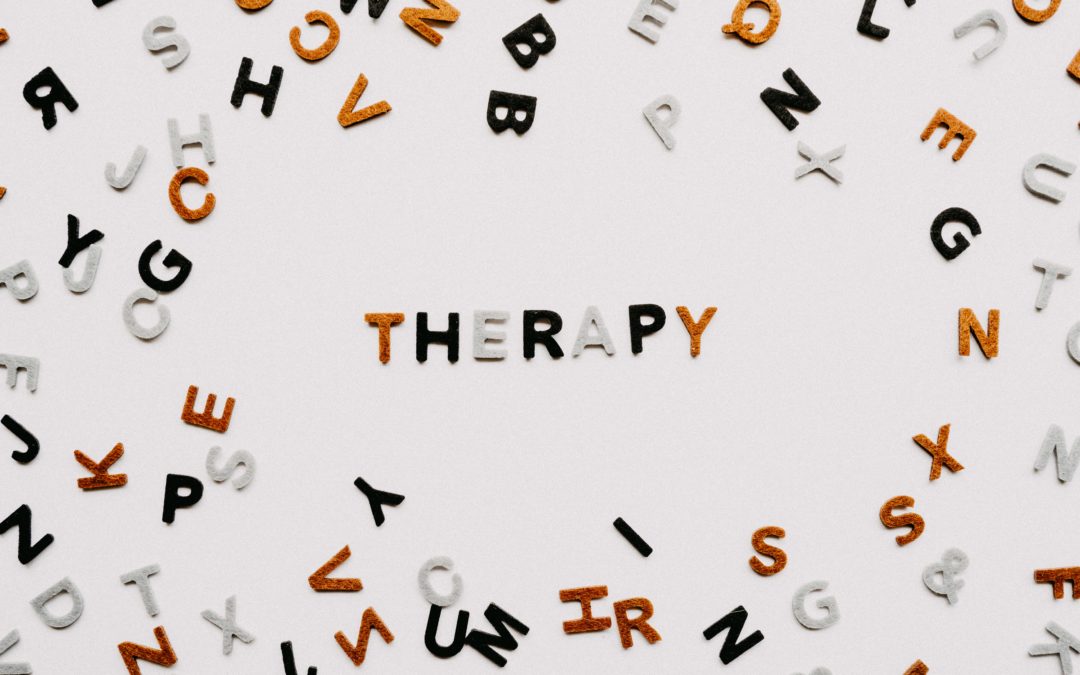Do you or someone you love experience the symptoms of severe mental illness? If so, you may have heard of several therapy methods over the course of your treatment journey: talk therapy, dialectical behavior therapy, acceptance and commitment therapy, and many more. While these effective methods are used here at New Roads Behavioral Health, the primary modality that our clinicians are specially trained in is called Dialectical Behavioral Therapy.
What is Dialectical Behavioral Therapy?
Dialectical behavior therapy, also known as DBT, is an effective combination of cognitive and behavioral therapies. The goal of DBT is to transform negative thinking patterns and destructive behaviors into positive outcomes. Created by Marsha Linehan, PhD, in the 1980 to 90s, DBT was originally developed for suicidal patients, specifically those struggling with borderline personality disorder (BPD). This modality is principle-driven, not protocol-driven – meaning that the individual and their therapist work together as a team to determine the specific course of treatment. This allows the most long-term success for the individual instead of following a pre-determined timeline.
Per Behavioral Tech, a Linehan Institute Training Company:
The “D” means “dialectical.” A dialectic is a synthesis or integration of opposites. In DBT, dialectical strategies help both the therapist and the patient get unstuck from extreme positions.
The “B” stands for “behavioral.” DBT requires a behavioral approach. This means that we assess the situations and target behaviors that are relevant to our patients’ goals to figure out how to solve the problems in their lives.
Dialectics make three basic assumptions: all things are interconnected, change is constant and inevitable, and opposites can be integrated to form a closer approximation of the truth. Essentially, life is comprised of opposites – the sooner you learn how to accept this fact, the easier your ability will be to roll with change during your lifetime.
The foundation of dialectical behavior therapy is based on five modes and functions:
- Individual psychotherapy
- Phone coaching
- Ancillary treatments
- Consultation team
- Skills
Individual Psychotherapy
Individual weekly therapy with a trained dialectical behavior therapy clinician is a vital building block of dialectical behavior therapy. The therapist helps the individual to stay motivated, apply dialectical behavior therapy (DBT) skills within their day-to-day activities, and address any obstacles that may arise over the course of treatment.
Phone Coaching
Have you ever wanted to be able to reach out to your therapist during a crisis outside of your scheduled appointment time? With DBT, therapists offer “in-the-moment coaching” over the phone. The goal of this kind of support is to coach individuals on how to effectively cope with their emotions by utilizing DBT skills.
Ancillary Treatments
While working with a therapist is essential to dialectical behavior therapy (DBT), New Roads Behavioral Health also recognizes the importance of concurring treatment options including: medication management, case management, group therapy, vocational and educational assistance.
Consultation Team
Therapists require support to be able to effectively help the individuals they work with. With the dialectical behavior therapy (DBT) consultation team, clinicians can help monitor their commitment to DBT treatment, refresh their familiarity with the skills used, and help the therapists feel supported to continue to work with your high-risk, challenging-to-treat loved ones.
Dialectical Behavior Therapy (DBT) Skills
Self-sabotaging behaviors develop over time to cope with situations or attempt to solve a problem. While these behaviors may seem to provide short-term relief, they will often prolong the issue in the long-term. Utilizing DBT skills assumes that our patients are doing the best they can AND that they need to learn new behaviors in all relevant contexts.
What are the DBT skills?
Per Behavioral Tech, a Linehan Institute Training Company, there are four main skills categories:
- Mindfulness: the practice of being fully aware and present in this one moment
- Distress Tolerance: how to tolerate pain in stressful situations, not change it
- Interpersonal Effectiveness: how to ask for what you want and say no while maintaining self-respect and relationships with others
- Emotion Regulation: how to change emotions that you want to change
Each of these categories include specific skills that can be used to help an individual emotionally self-regulate, many of them that you may already use: self-soothe, pros and cons, validation, willingness, and many more. These skills are broken down during the therapeutic process to help the population we serve to gain the overall ability to be mindful, tolerant of distress, interpersonally effective, and emotionally regulated. Consistent skills groups are vital in helping the population New Roads’ serves to be able to keep the skills ever present in their daily repertoire of self-managing any emotions or situations that may arise.
Dialectical behavioral therapy has demonstrated effective relief from the symptoms of any of the issues listed below. As a note: These disorders share a central feature of dysregulation (this has a key role in figuring out who will benefit from DBT)
- Suicidal and self-harm behaviors
- Substance Use Disorder (82% experience abstinence/reduction at the end of one year)
- Eating Disorders
- Depression in the elderly
- Self-esteem
- Adjustment/change
- Hopeless feelings
- Relationship problems/violence
- Self-loathing
- Medical problems
- Childhood sexual abuse
- Extreme emotions
- Psychiatric hospitalizations
- Unrelenting crisis
New Roads is dedicated to utilizing the most up-to-date therapeutic modalities to help your loved ones find a life worth living. New Roads’ CEO, Eric Schmidt, is a licensed clinical social worker as well as a dialectical behavior therapy (DBT) Certified Clinician from the DBT-Linehan Board of Certification. He trains therapists all over the country, as well as our entire clinical staff, more about DBT to help them utilize at their own facilities. If you feel helpless about treatment and the different methods you’ve attempted over the years, DBT could be the natural next step in your treatment journey. If you or some one you know are looking for help, please call New Roads Behavioral Health today: 888-358-8998.

